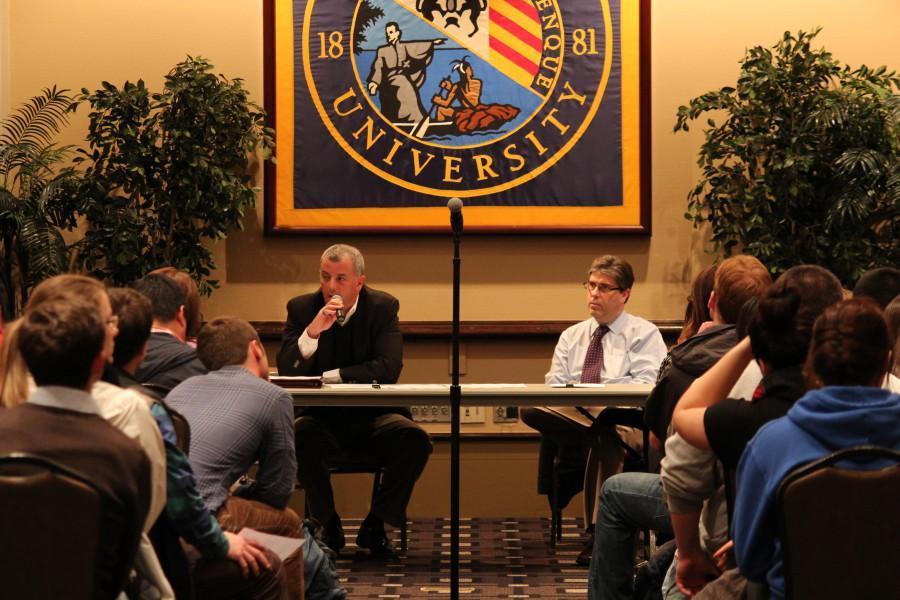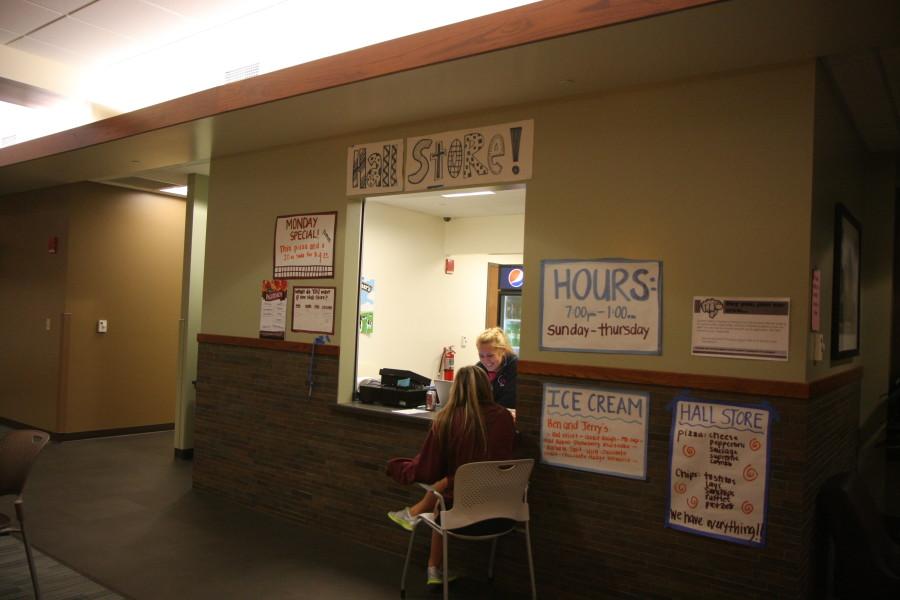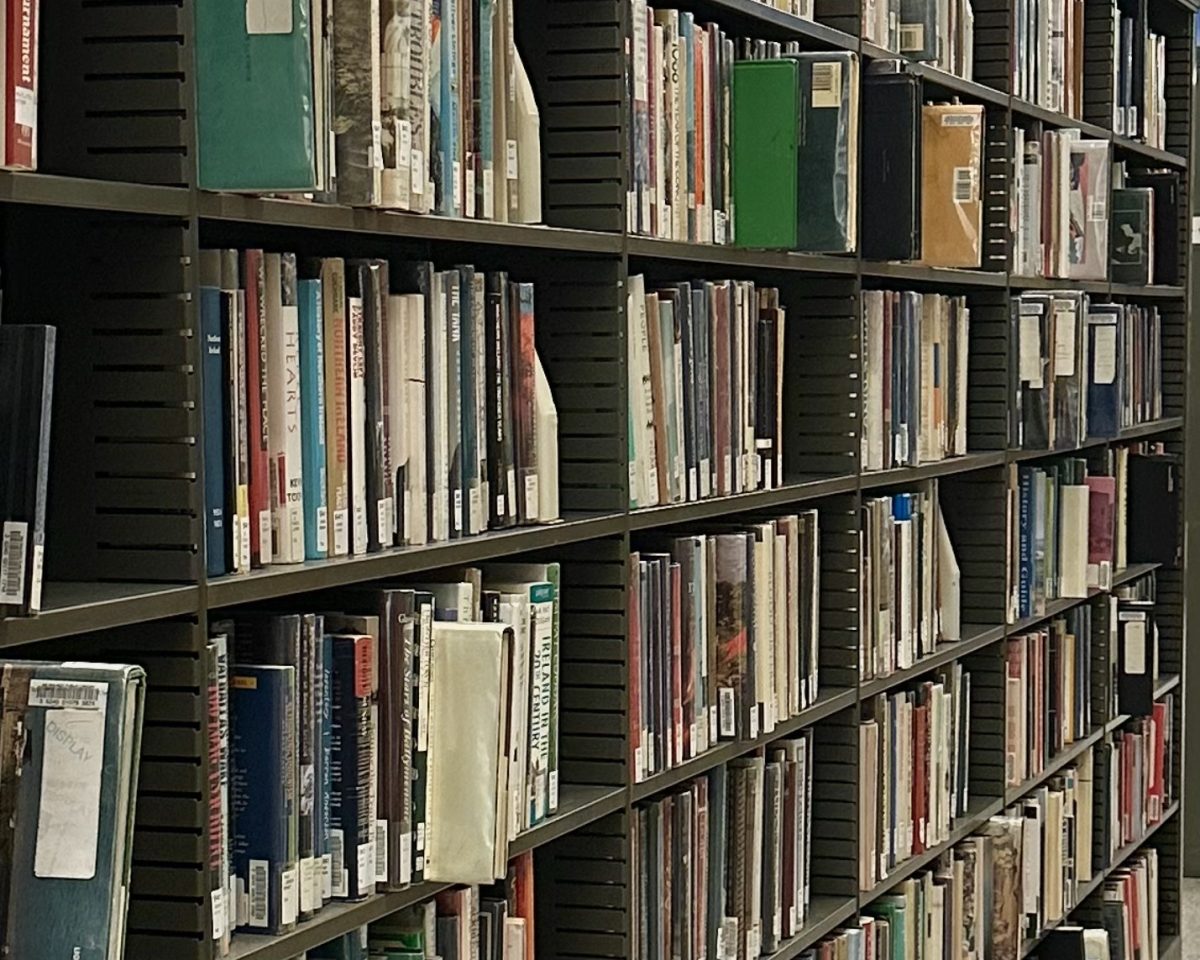Today we enter the sixth school day of the highly publicized teachers strike in the country’s second largest school district, Chicago Public Schools. More than 350,000 students are out of school today. Many of them will spend the day with friends or watching TV. While they most likely won’t realize the gravity of the situation that has given them a few days off, parents, reporters and politicians will discuss the ongoing battles over labor unions and their role in our workforce.
A story like this is familiar to Wisconsinites. We all remember the explosive battle in the state’s capital over Act 10, which limited collective bargaining rights for most public employees and led to the recall of Gov. Scott Walker. Thousands of public employees, including teachers, flocked to Madison to protest the the bill and the actions taken to pass it. Teachers, city workers and county workers can now celebrate a win after a Dane County judge struck down the portions of the law affecting them last week. The battle is far from over, however; there will likely be another Supreme Court showdown in the coming months.
The labor debate takes on a new significance when teachers and students are involved. Thousands of parents have struggled this week to make other arrangements for their kids while they go to work. Students have missed over a week of valuable time in the classroom while the Chicago Teachers Union and the city wade through complicated negotiations about issues like benefits and experience-based raises. Curriculums will be changed and content will be lost as a result of the strike.
Workers’ rights are undeniably important and help keep the country’s manufacturing industry running smoothly. Unions have served as a valuable tool for millions of employees and have undoubtedly prevented countless abuses from occurring in the workplace. However, an important question must be asked when dealing with a teachers strike. Who suffers the most when teachers take this step during negotiations? In cases like this one, and the one in Wisconsin, what is lost while teachers are fighting to gain?
When factory workers strike, the economy could suffer because products aren’t being made. When teachers strike, young minds could suffer because they’re missing hours of instruction time. It seems clear which is worse.
Can a balance be struck in which teachers can demand the rights and benefits they deserve while still keeping youth engaged in classrooms? It will probably take many more labor battles to find out.











